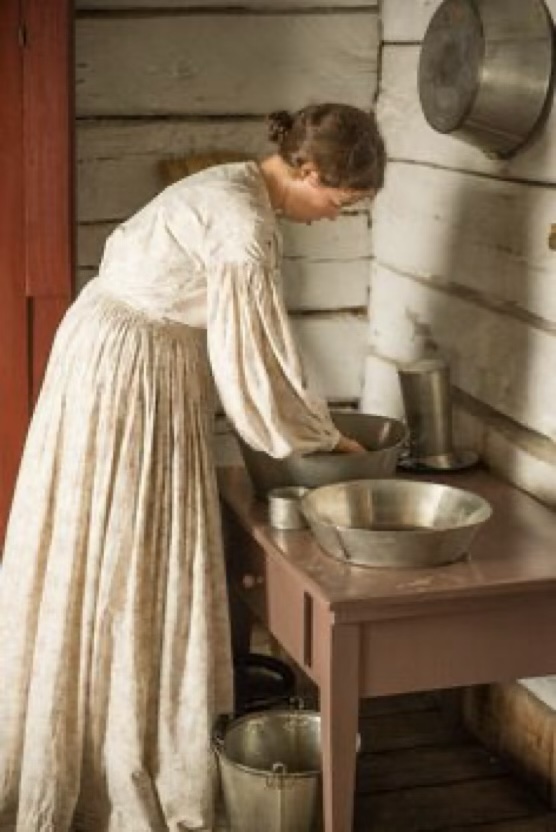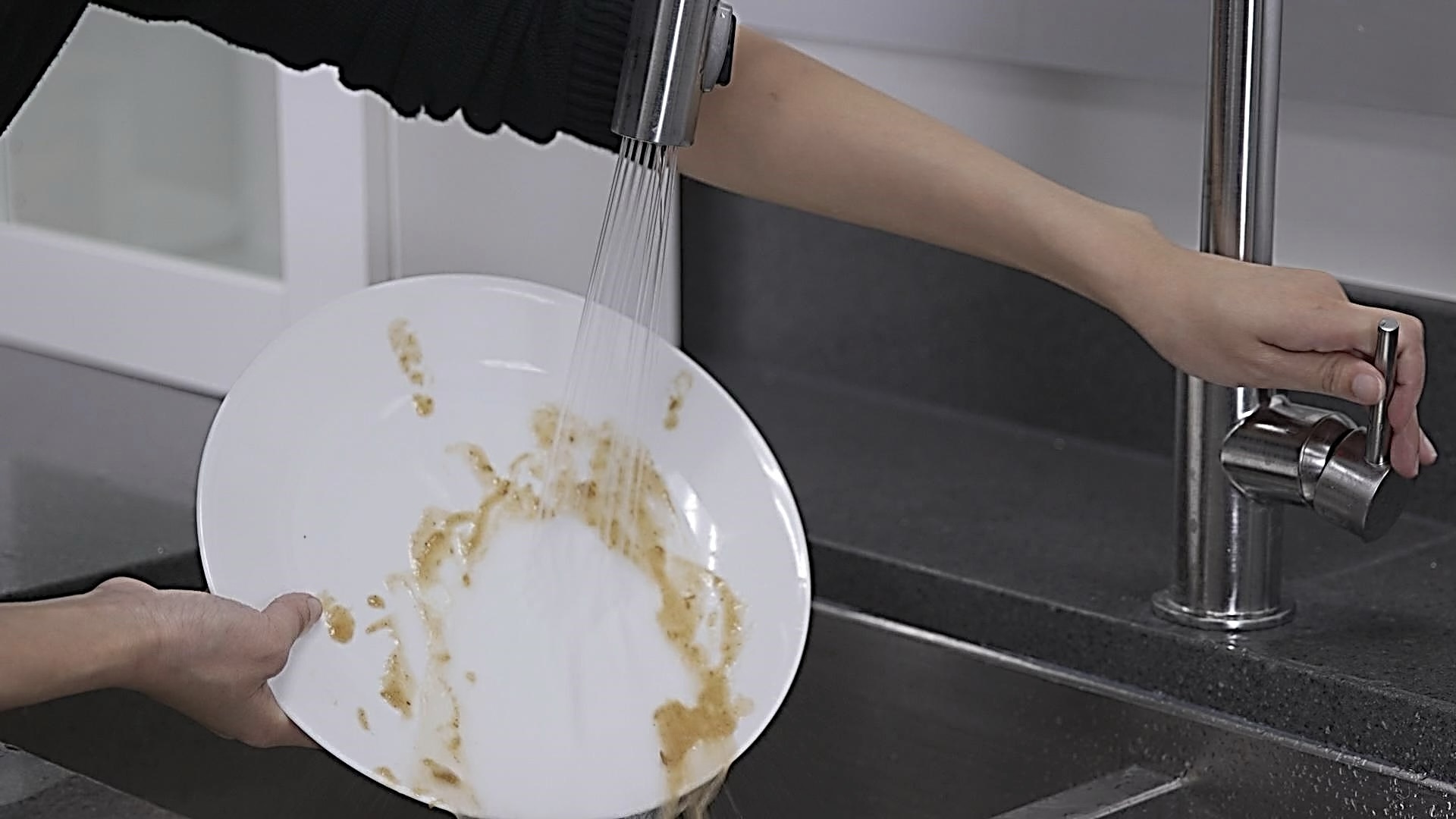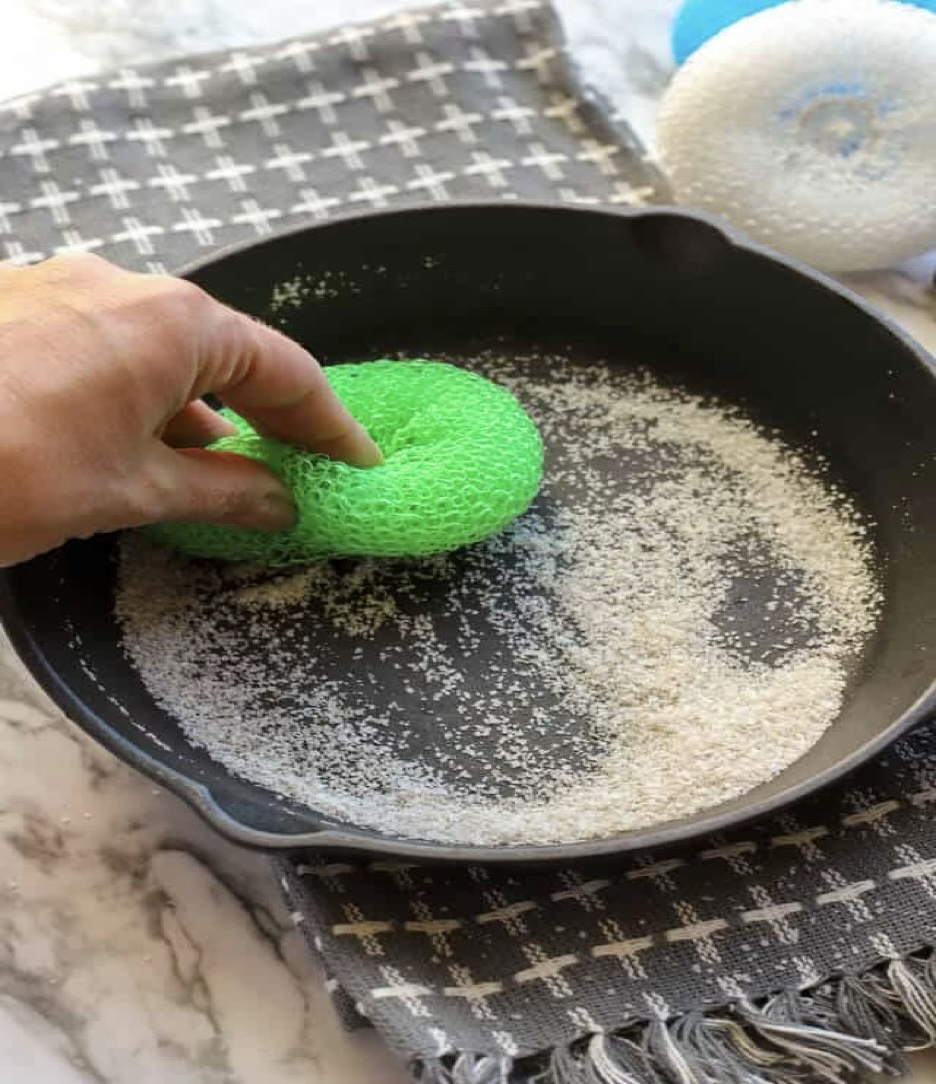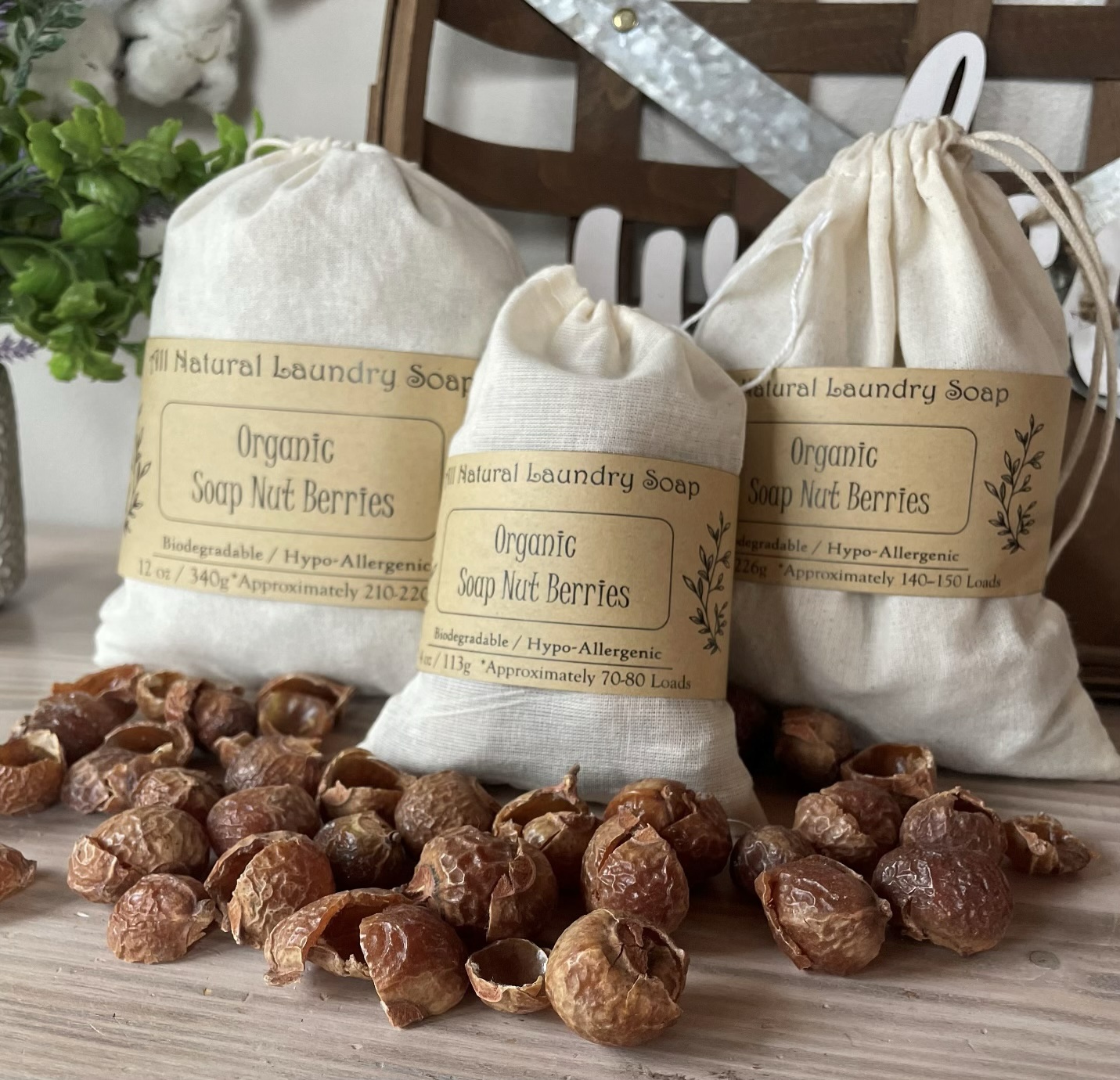Tested Dish Soap Alternatives and How to Use Them
Today I read some really helpful information from Tessa Zundel, the “homestead lady.” (See www.homesteadlady.com) Tessa says, “Whether you’re washing dishes at a camp site, you’ve run out of dish soap, or the stores are out, sometimes you end up needing to wash the dishes in an unsual way.” Here are her tested dish soap alternatives and her advice on how to wash the dishes in the best way when you’re not using the soap you’re used to.
First, we need a paradigm shift: Consider that our ancestors managed this chore for thousands of years before that blue, liquid soap appeared on store shelves.

Second, we need to know what NOT to use as a dish soap alternative. For safety sake, do NOT use dishwasher soap, laundry soap, shampoo, and liquid or bar hand soap as a substitute for dish soap. These products contain non-food-safe ingredients that can remain on your dishes causing them to smell, feel, and even taste weird. This residue can also be dangerous when ingested.
Third, we need to understand our water hardness, because it matters when using a dish soap alternative. How soft or hard your water is will change the outcome of your dish soap alternative experiments! Because soap is basically made of fat and salts, hard-water minerals affect how soap reacts in dishwater. They react with homemade soaps in a way that leaves greasy residue on dishes. Removing that residue is a priority, right? So Tessa focused on finding something that would take it off.

(NOTE: Because mineral-loaded (aka HARD) water is a common situation throughout the United States, Tessa’s recommendations are hard-water focused.)
Fourth, we need to understand how to wash dishes using natural materials. This can feel new and odd, if you’re just transitioning to more natural dish washing methods. So there are a few steps to take to ensure success:
- Always pre-rinse dishes (a smart thing to do no matter what dish-washing product you’re using). The more grease you can pre-remove, the easier the washing process will be. If something is extra greasy (like the butter dish), wipe it down completely before placing it in the dishwater.
- Use the hottest water you can stand for pre-rinsing. Then cleanse in your dish water. After the cleansing bath, give dishes a final rinse in a stream of boiling water from the tea kettle.
- Wash the cleanest items first. This keeps your dish water cleaner longer.
- Train everyone in your house to always pre-rinse when they bring a dish to the sink. (The best time to rinse a dish is when the food or drink is still wet and easy t

Now to the dish soap alternatives. They aren’t fancy and you probably already have the ingredients on your shelves. Tessa listed them in order of which she used most often, either because they work the best or because she could easily source the ingredients.
BAKING SODA AND VINEGAR. The same combination that cleans calcium out of a toilet bowl will also clean dishes. Hands down, this is the method she used most often for grease removal. Sometimes, a sprinkle of baking soda will work on its own, by the way.
One caution: never soak dishes in pure vinegar because it’s acidic and will damage items (like metal pans and stone countertops, too).
SALT. It has been used for centuries for cleaning, disinfecting, and scouring. Keep inexpensive salt around for dish-doing, as well as a laundry grease and stain remover. Use it same way you use baking soda. Salt is especially effective as a cast iron cleaner.

LEMON and ORANGE. Citrus is a marvelous grease cutter, especially if you combine it with a sprinkle of salt. It’s smart to keep a lemon half, face down, at the sink to run over stubborn grease spots. When you’re done washing dishes, run the lemon around the inside of the sink to clean it, too.
SOAP NUTS. The easiest way to naturally wash dishes is with soap nuts! You have to already have them on hand, of course. This is a product you might want to consistently keep on hand.

Tessa says she’s frequently asked if it’s safe to wash dishes with just hot water. The answer is “Technically, yes, if the water is SUPER HOT.” Remember, when you’re washing dishes, you’re not just removing the mess you can see. You’re also removing anything that might lead to bacterial growth. Temperatures of 140°F – 150°F will kill most germs. Since scalding is a real concern, you’d want to use heavy rubber gloves.
The especially nice thing about using dish soap alternatives is that you remove the “Middle Man.” As long as you’re stocked up on alternative soap ingredients, you don’t have to worry about what’s going on at the store. That is a very peaceful feeling!
 Alice Osborne
Alice Osborne
Weekly Newsletter Contributor since 2006
Email the author! alice@dvo.com
